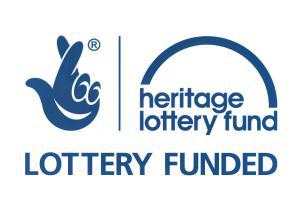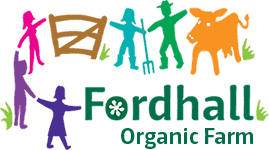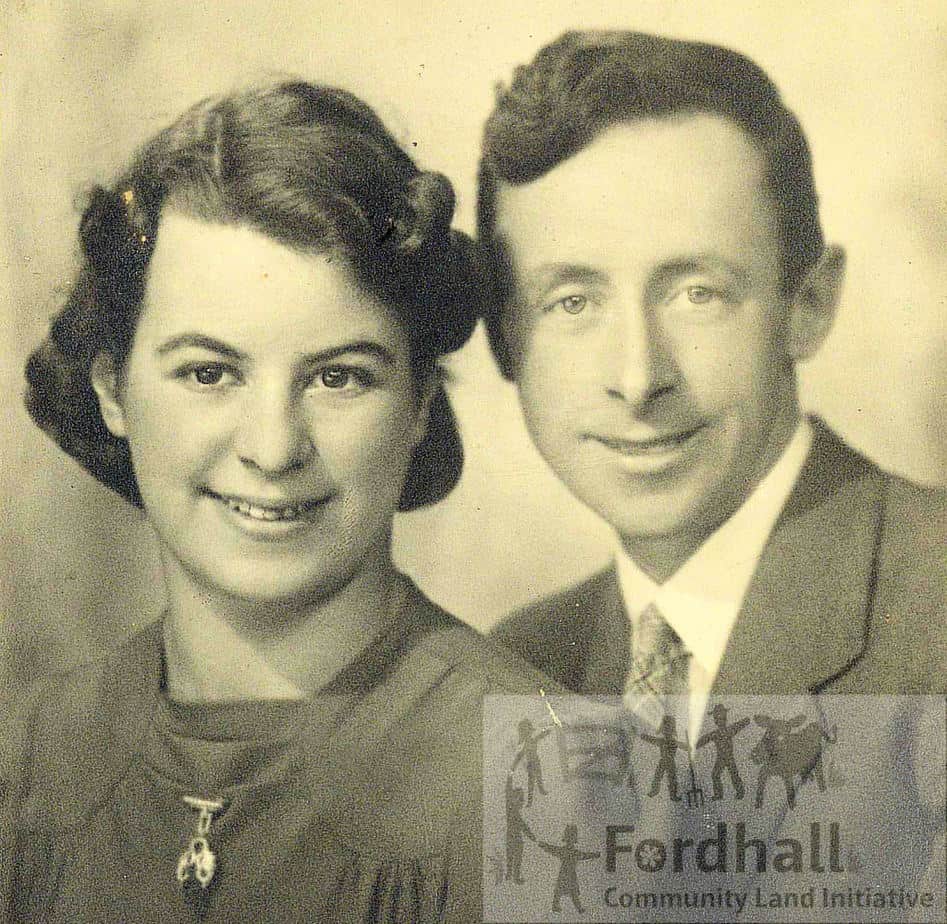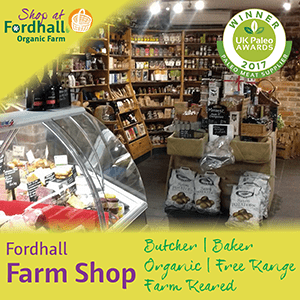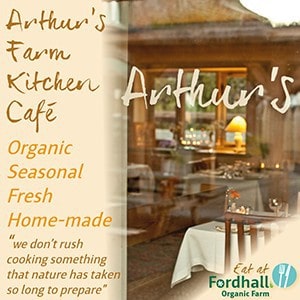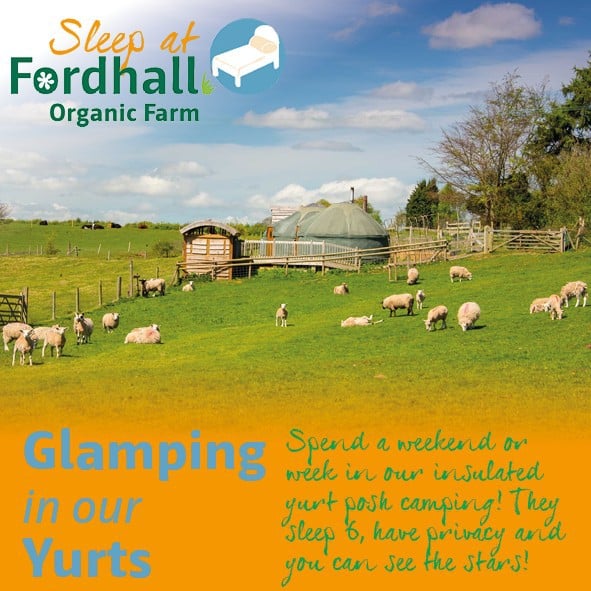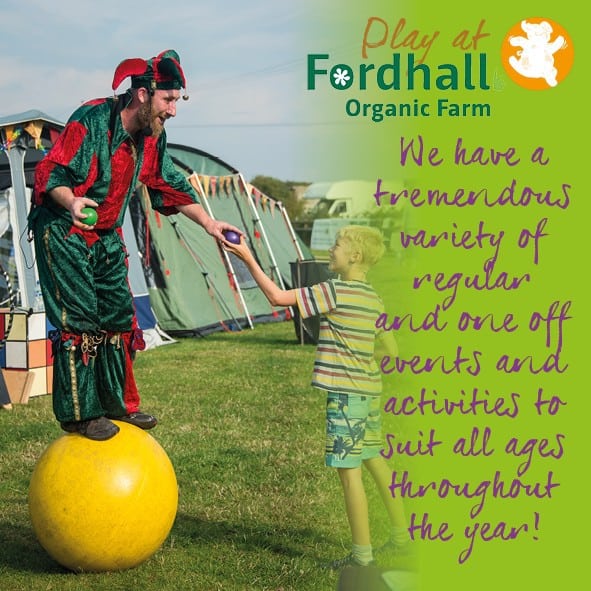In 1942 Arthur met and married May Baker a Land Army girl from Birmingham. “My Aunty May was a land girl in the war and she met, at a farmers dance a handsome young farmer who she married in 1942” Mary Cowen. During the war Arthur like all farmers at that time was restricted to what he was allowed to produce on the farm. It was illegal to produce cream to sell and cheese was only allowed to be made using a national recipe to suit the rationing system. This was mainly done in government factories where most of the milk production was sent.
By 1949 Arthur and May were already experimenting with ‘compost’ or organically grown vegetables. From 1945 up to 1954 rationing and other war-time restrictions were still in force and Arthur was struggling, he found that growing and selling organic vegetables was not yet a paying proposition. The money he received for the milk from the Shorthorns hardly paid for the upkeep of the cattle.
“The old shippon was cleaned out and we built shelves the whole length of it. Arthur brought in horse manure which we turned and watered and made into a lovely compost and this was put on the shelves and spawned with mushroom spawn, so we grew mushrooms. He also had mushrooms in the cellar of the house. We used to get up early in the morning, pick the young mushrooms and put them into little baskets, little skips, take them down the drive put them on the bus where they went to Shrewsbury to the shops to be sold.” Mary Cowen
Arthur decided something must be done to make the farm a more paying proposition and to give a better living for his wife and children. He wanted a Pedigree Jersey Herd, but the sale of the commercial Shorthorn herd did not raise sufficient funds for the first class foundation stock. He decided something must be done. Part of the solution to the problem was opening the house and garden as a country club.
To learn more about the Tern Valley Country Club click here
